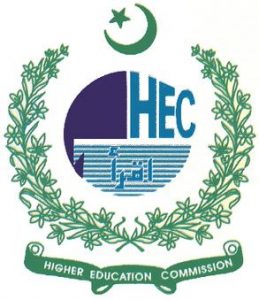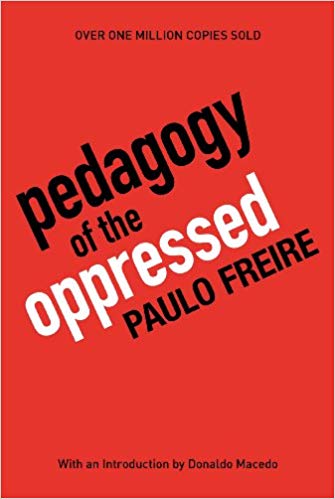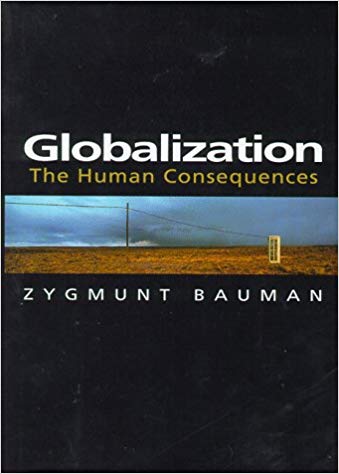There has been a growing realization in the developing and developed countries about the pivotal role of teachers in improving the quality of education.
Among the commonplaces of curriculum – students, teachers, study materials, school milieu, and the assessment system – it is the teachers who, because of their central position, can play a significant role in enhancing and enriching the given curriculum.
In Pakistan, since its inception, we have been confronted with some serious educational challenges and a shortage of qualified teachers is one of them. This problem was more serious in case of female teachers. In all education policies of Pakistan, the need for effective teacher education has been underlined with some ambitious plans to improve the teacher education programmes. We do see quantitative expansion in teacher education programmes but the dream of quality teacher education programmes, in the public sector, is still not realized.
Having been associated with the Pakistani system of education for the last four decades, I believe that the real challenge in the education sector is that of scale. It is relatively easy to demonstrate change at a small level. I can say this with my firsthand experience of teaching at AKU/IED, LUMS, and GIKI. But the real challenge is to bring a sustainable change at the societal level for which we need to initiate interventions at mass scale in public-sector education.
We do see a large number of teacher education programmes in Pakistan but their efficacy can be questioned. It is important to understand that change is a holistic process and teacher development can only be effective if change is initiated at knowledge, skills, and attitude levels. Unfortunately, most of our teacher education programmes lay little emphasis on change at the knowledge and attitude levels and the whole focus goes to theoretical knowledge of a handful of teaching methods and techniques, considering teachers as mere technicians instead of developing them into reflective practitioners.
Realizing the urgent need for capacity building of teachers with the element of quality in the centre, the HEC chairman has recently announced the resurrection of NAHE (National Academy of Higher Education). This academy was first established during Ziaul Haq’s times when it offered some very effective programmes. One of them was a nine-month diploma in Teaching of English as an International Language. This diploma was organized and taught by national and international teachers. For four months, the course participants were required to reside on campus.
I taught for this programme and was glad to see that the alumni of this programme occupied some important positions in different universities of Pakistan. But as it usually happens with good initiatives, in search of numbers the duration of this programme was curtailed and it lost its efficacy. With the inception of the HEC, the idea of NAHE was shelved by the new management for reasons best known to them. The idea of NAHE has now been revived by the current chairman of the HEC who has a very challenging plan for NAHE. This includes setting norms of excellence, capacity building of teachers in terms of pedagogy, research and governance; analysis-based reports for future planning; and monitoring and evaluation. This, according to Dr Banuri, will lead to add efficiency and transparency to the whole system.
This seems to be an ambitious wish list. The real challenge, like always, however, is how to put theory into practice or translate vision into reality. It is at the execution level that most of the educational reforms fall apart and great visionary ideas are crucified at the hands of those who are supposed to implement the plan. While I was working on my book, ‘Education Policies in Pakistan: Politics, Projections, and Practices’, I realized that in developing countries there is always an implementation dip that is responsible for the failure of apparently wonderful plans and policies.
Here are some recommendations to maximize the success of the NAHE initiative. The first and foremost recommendation is to ensure that the Academy has a fully autonomous status. It should, preferably, have its own building. The head of the Academy should be selected through an open competition with the qualities of strong theoretical and practical underpinnings of teacher education. The potential head of Academy should have clear understanding of the indigenous realities as well as an intimate knowledge of international trends in higher education.
The steering committee to oversee the functioning of NAHE should comprise external members to ensure efficiency and transparency, an aim professed by the chairman at the launching ceremony of NAHE. These external members should be selected on the basis of their qualifications, relevant teacher education experience and exposure to national and international teacher education trends. The process of appointment of the head should be expedited in order to allow him/her to select his/her own teams to realize the vision of the chairman of HEC.
The history of education in Pakistan is replete with brilliant ideas going waste at the level of execution. We sincerely hope that the resurrection of NAHE will bring the desired changes in our educational system and not prove another exercise in futility.
[Check out other articles in our Scholar’s Corner)
(Also published in The News International)



